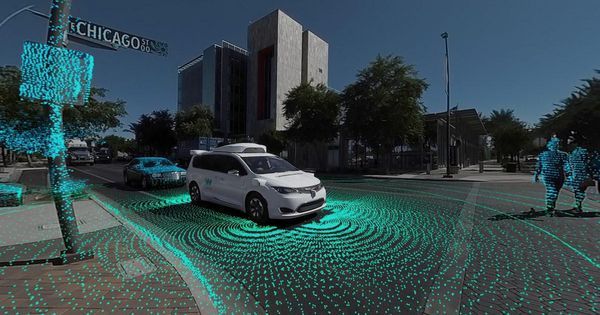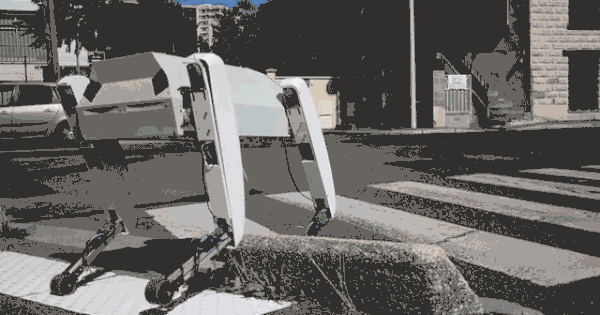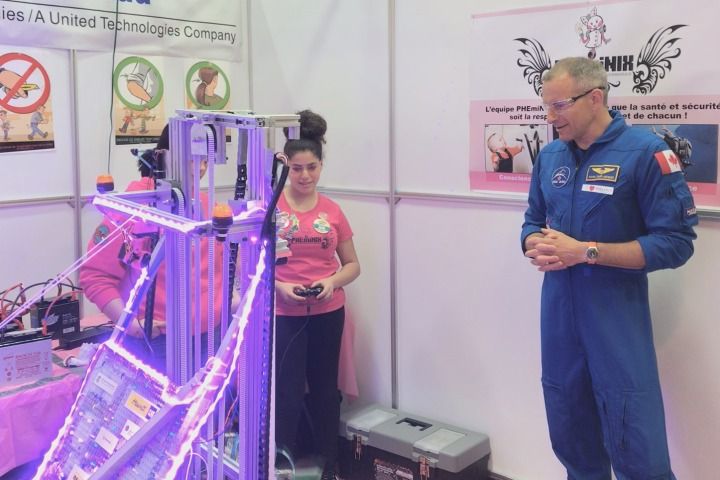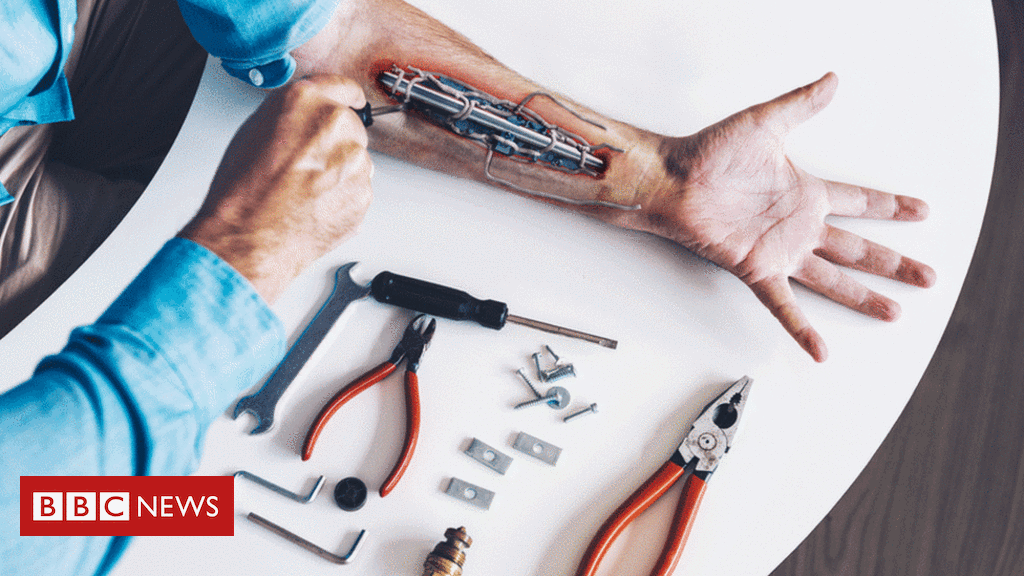Scientists at Amherst College and Aalto University have created, for the first time a three-dimensional skyrmion in a quantum gas. The skyrmion was predicted theoretically over 40 years ago, but only now has it been observed experimentally.
In an extremely sparse and cold quantum gas, the physicists have created knots made of the magnetic moments, or spins, of the constituent atoms. The knots exhibit many of the characteristics of ball lightning, which some scientists believe to consist of tangled streams of electric currents. The persistence of such knots could be the reason why ball lightning, a ball of plasma, lives for a surprisingly long time in comparison to a lightning strike. The new results could inspire new ways of keeping plasma intact in a stable ball in fusion reactors.
‘It is remarkable that we could create the synthetic electromagnetic knot, that is, quantum ball lightning, essentially with just two counter-circulating electric currents. Thus, it may be possible that a natural ball lighting could arise in a normal lightning strike,’ says Dr Mikko Möttönen, leader of the theoretical effort at Aalto University.






